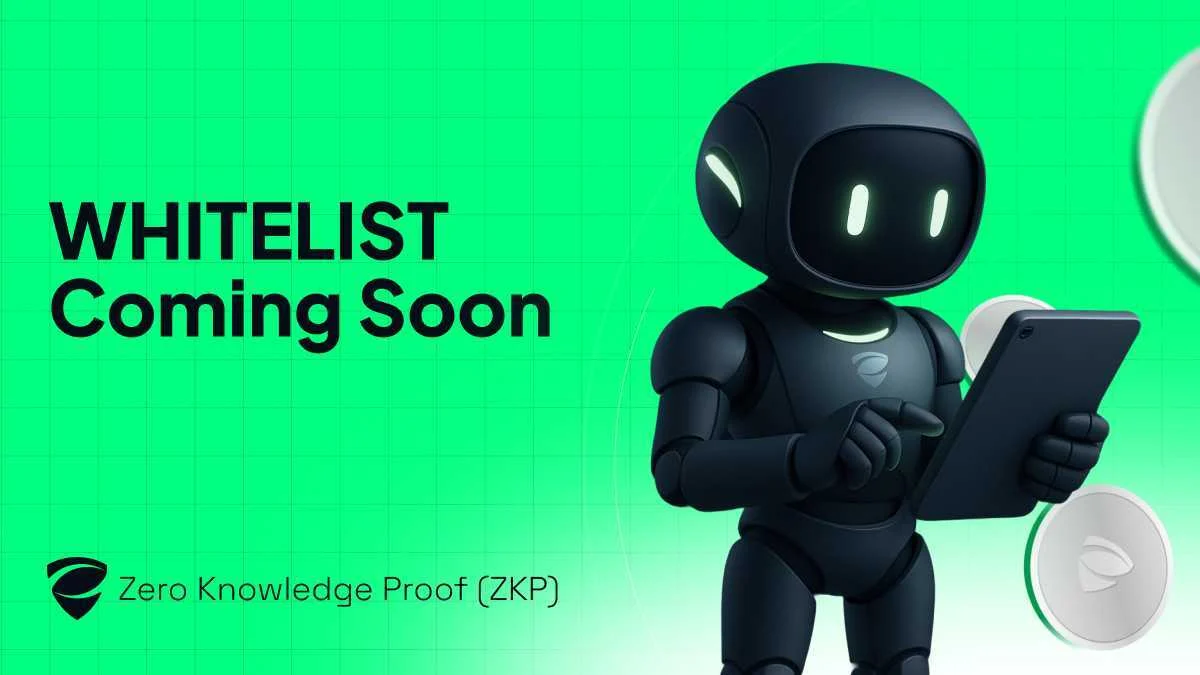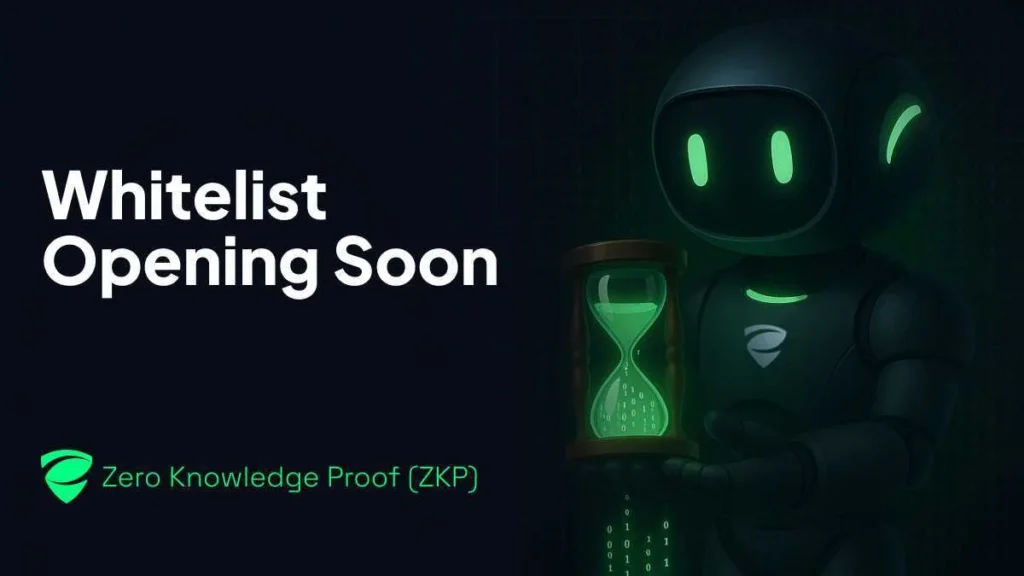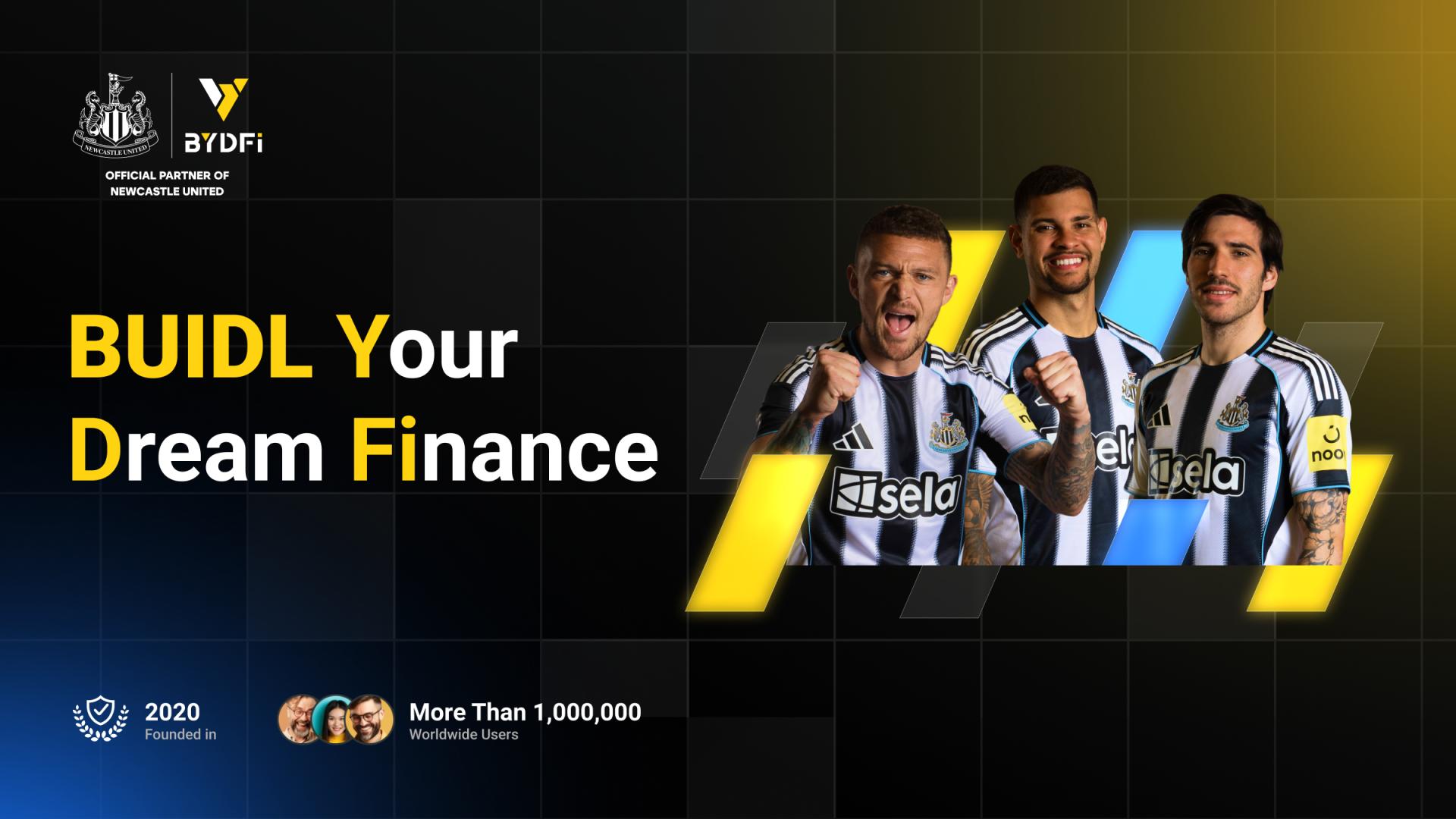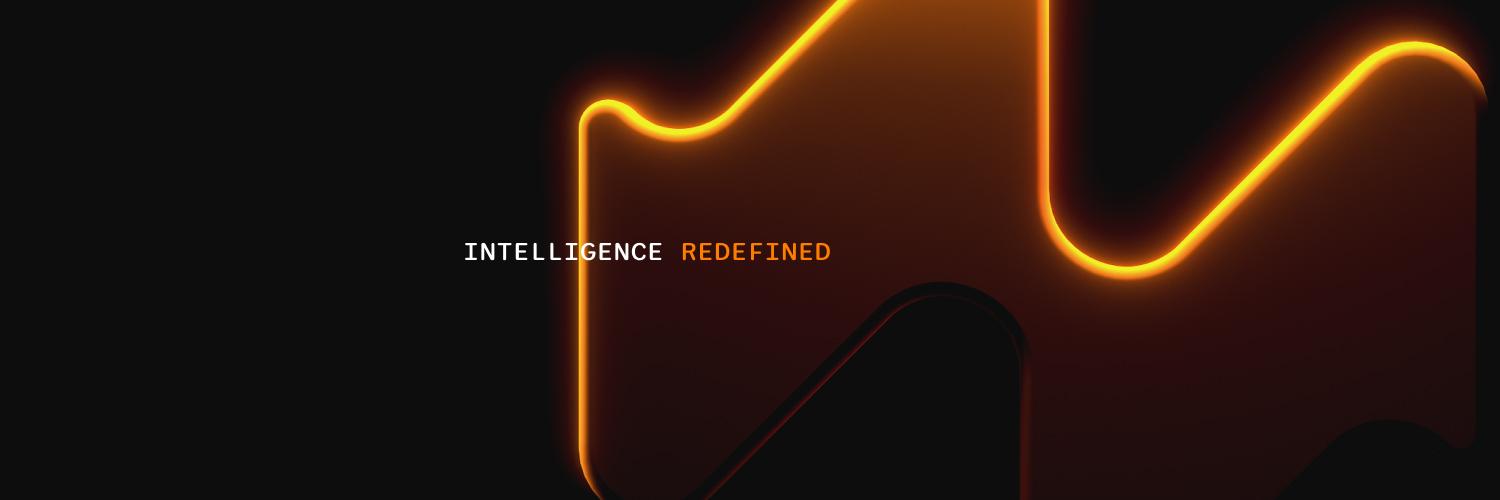How to Join the Zero Knowledge Proof’s (ZKP) Upcoming Whitelist and Become a Verifier in Web3’s Truth Protocol



As Web3 infrastructure matures, a new category is emerging, protocols designed to verify truth itself. Zero Knowledge Proof (ZKP) crypto presale , an upcoming blockchain project, takes a structured, tokenized approach to validating knowledge on-chain. At the heart of its system is the Verifier role, a user responsible for assessing the accuracy of claims made in a decentralized knowledge auction.
With Zero Knowledge Proof’s (ZKP) whitelist phase approaching, this guide will walk you through how to prepare, register, and participate as a Verifier. For anyone looking to contribute to a more accountable Web3, this is more than early access, it’s a path to building a public reputation for credibility.
Understand the Core System: Provers, Verifiers, Challengers
Zero Knowledge Proof (ZKP) is built on a model where factual claims become economic events. The system operates through what it calls a knowledge auction, a process in which users interact in three roles, Prover, Verifier, and Challenger.
The Prover is the user who submits a claim and stakes $Zero Knowledge Proof (ZKP) tokens as a statement of confidence. For example, a Prover might claim that “a specific event occurred on a certain date,” backed by proof and tokens. This opens the claim for validation.
The Verifier’s role is to assess that claim objectively. You do not need to know the Prover personally or trust them blindly. Instead, you analyze the claim’s logic, evidence, and structure. If it’s sound, you approve it. If it lacks credibility or appears misleading, you can reject it, or escalate as a Challenger.
The Challenger actively disputes the claim by staking tokens to disprove it. All outcomes are processed on-chain. Depending on the final resolution, users are rewarded or penalized in $Zero Knowledge Proof (ZKP), and their reputation scores are updated publicly.
Becoming a Verifier in this system is more than casting a vote. It is a staking of your judgment, and over time, it contributes to a verifiable trust score that defines your standing in the protocol.
Whitelist Access: How to Join Early and Why It Matters
The whitelist is Zero Knowledge Proof (ZKP)’s gateway for onboarding its first users, especially those interested in playing active roles like Verifiers. Although the whitelist is not live yet, preparations are underway for its phased rollout. Joining the whitelist means you’ll be among the earliest participants allowed to access, test, and help shape Zero Knowledge Proof (ZKP)’s verification protocol.
To get ready, keep an eye on Zero Knowledge Proof (ZKP)’s official communication channels, whether through their website, newsletter, or verified social profiles. Once the whitelist application opens, expect to provide basic KYC information (if applicable), a wallet address, and answers to a few questions indicating your interest or understanding of the Verifier role.
In a system where credibility is earned through participation, early access can be strategic. You’ll be able to build a reputation score before the platform scales, giving your future validations more weight and potentially unlocking higher rewards or governance privileges.
This isn’t simply about being early to a blockchain project, it’s about helping set precedent for how truth is evaluated in a decentralized environment.
What to Expect as a Verifier After the Whitelist
Once Zero Knowledge Proof (ZKP) launches and you are accepted via the whitelist, you’ll gain access to the protocol’s tools and dashboards. These will allow you to view open claims, review Prover submissions, assess supporting evidence, and cast a decision with your own $Zero Knowledge Proof (ZKP) stake.

You’ll be expected to:
-
Maintain impartiality when reviewing claims
-
Submit justifications when required (especially for rejections or disputes)
-
Monitor your reputation score, which evolves based on performance accuracy
-
Participate in governance proposals that may affect how verification mechanics evolve
Zero Knowledge Proof (ZKP)’s verifier interface is being designed to accommodate both new and experienced blockchain users. You won’t need technical coding knowledge to participate, just critical thinking, factual reasoning, and a willingness to stand by your evaluations.
The protocol rewards consistent accuracy. Over time, Verifiers who demonstrate sound judgment may see greater influence in the network, increased rewards from successful validations, and higher trust scores that set them apart in the ecosystem.
Last Say
Zero Knowledge Proof (ZKP) isn’t just launching another blockchain, it’s proposing a new layer of accountability where truth can be tested and rewarded on-chain. Becoming a Verifier allows you to participate at the core of that mission. As the whitelist phase nears, this is the time to prepare: understand the knowledge auction system, monitor official channels, and be ready to register.
In a decentralized world increasingly shaped by noise, misinformation, and AI opacity, Zero Knowledge Proof (ZKP) offers a refreshing alternative, a system where facts are reviewed by people, verified by consensus, and remembered by code. The future of trust is being built. You can help verify it.

BYDFi Highlights ‘BUIDL’ Ethos During Newcastle United Match Against Arsenal
VICTORIA, Seychelles, 1st October 2025, Chainwire...

North Korea-Linked Actor Accused of $14M WOO X Theft, Rapid BTC Conversion Reported
Hacken says DPRK-linked “TraderTraitor” stole $14M from WOO X in July; $7–9M was bridged to Bitcoin ...

Nodepay launches Crypto’s largest Prediction Intelligence platform
Central, Hong Kong, 1st October 2025, Chainwire...

